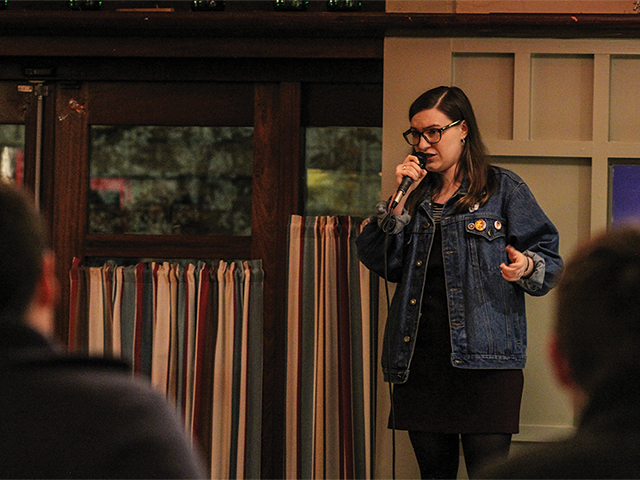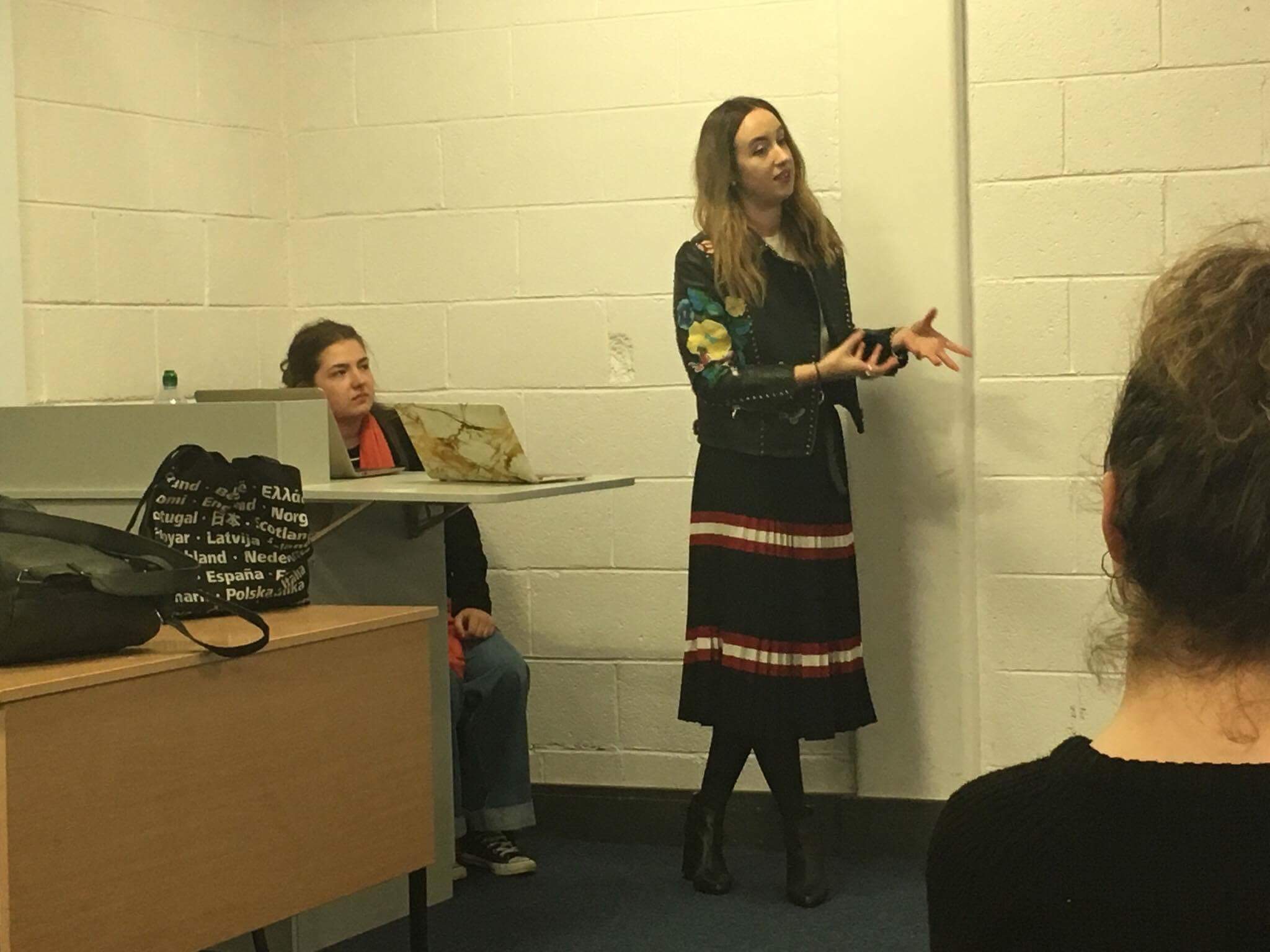
[dropcap]S[/dropcap]tand up comedy- how will it and has it survived through lockdown? Zoom shows and podcasts have allowed some comedians to branch out.
In Level Five, at the height of a pandemic, the viewing pleasures of the public have been curbed: in-person gigs, concerts, showcases, sporting events and stand up. Stand-up comedy is arguably the one event where an audience is essential.
During the pandemic, many comics have been turning to virtual shows. On the 99 Club’s website, you can now hire a comedian virtually to perform.
The service has delivered virtual shows for groups of between 15 and 5,000, according to the website and is suitable for private shows between friends, online office parties and as a “hilarious keynote speaker for your conference, or host for your virtual awards ceremony.”
Comedians seen on ‘Mock the Week’ and ‘Live at the Apollo’ are available for hire. Virtual events are also held by the site, such as their Valentine’s Day show with tickets priced at £15 and comedians Jo Caulfield, Dane Baptiste and Nathan Caton performing.
Things have been harder for smaller comedians who haven’t had the chance yet to perform on the Apollo stage. Many of the pubs and smaller clubs that these comedians would rely on to help make a name for themselves are closed.
Some have turned to the online resources available to them, like Killian Sudermann from Dublin. The video-editor by trade went viral during the summer of 2020, posting comedy videos to Twitter and TikTok.
In an interview with RTÉ, Killian said that he has since been signed to an agency, asking if he “wanted to make money from [his] videos.”
Paddy Raff from Belfast is another comedian who made a viral name for himself over lockdown with skits.
Raff previously did stand-up and his career was beginning to take off, but since the postponing of his shows, he has been focusing on his online content and to positive avail.
Although Raff didn’t start from the bottom – he had already played a sold-out gig in the SSE Arena in Belfast before the first lockdown started in March 2020 – but his YouTube channel now has over 80,000 views, with much of the video content centralising around life in lockdown.
It’s unclear as to when lockdown in Ireland will end and when venues for stand-up comedy will be opened again, but in the meantime, the art seems to have adapted its form so that comedians still get to perform and produce content, thanks to technology and social media.
Niamh Quinlan
Image Credit: Mark Carroll



